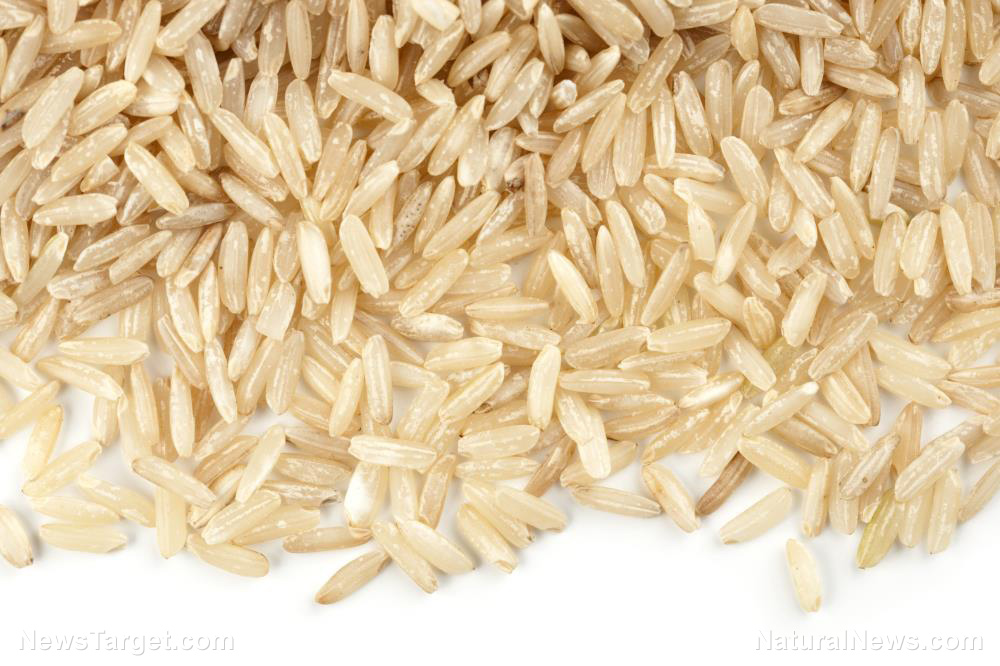Punicalagin offers novel anti-cancer mechanism
04/16/2019 / By Michelle Simmons

A study in the journal Nutrition Research looked at the anti-cancer mechanism of punicalagin, a compound found in pomegranate. The findings provide novel mechanisms and potential targets to better understand the anticancer actions of the compound.
- A team of researchers from China explored the anti-cancer mechanism of punicalagin.
- A previous study conducted by the same group of researchers revealed that punicalagin induces autophagic cell death in papillary thyroid carcinoma cells.
- For the current study, they hypothesized that punicalagin triggers DNA damage associated with cell death, given it was previously reported as an inducer of autophagy.
- Autophagy can encourage tumor suppression during cancer initiation and protect tumors during progression.
- The researchers found that treatment with punicalagin resulted in DNA breaks.
- After punicalagin treatment, the phosphorylation of ataxia-telangiectasia mutated gene-encoded protein (ATM) was up-regulated in a time- and dosage-dependent manner.
- KU-55933, an inhibitor of ATM, inhibited the phosphorylation of ATM induced by punicalagin and reversed the reduced cell viability caused by punicalagin.
In sum, these findings suggest punicalagin induces cell death of papillary thyroid carcinoma cells by triggering ATM-mediated DNA damage response.
To read more studies on potential natural agents that can help fight cancer, visit AntiCancer.news.
Journal Reference:
Yao X, Cheng X, Zhang L, Yu H, Bao J, Guan H, Lu L. PUNICALAGIN FROM POMEGRANATE PROMOTES HUMAN PAPILLARY THYROID CARCINOMA BCPAP CELL DEATH BY TRIGGERING ATM-MEDIATED DNA DAMAGE RESPONSE. Nutrition Research. November 2017; 47: 63-71. DOI: 10.1016/j.nutres.2017.09.001
Tagged Under: alternative medicine, cancer treatment, food is medicine, foodcures, natural cures, natural medicine, Pomegranates, punicalagin, research


















